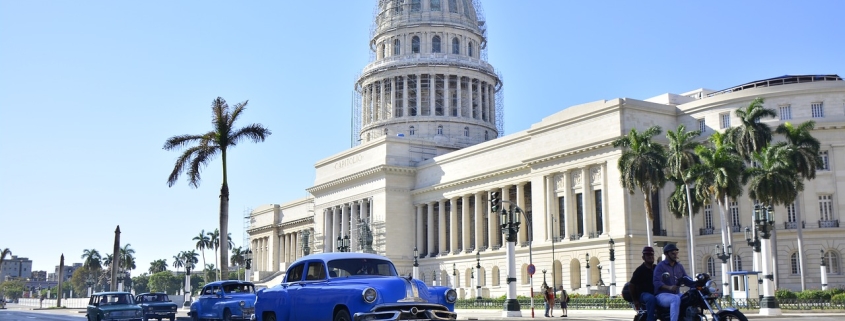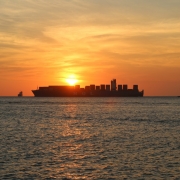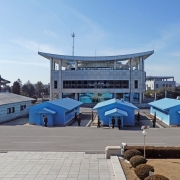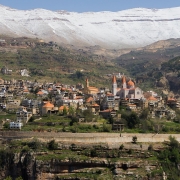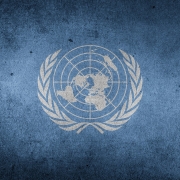Why did Khrushchev place Soviet missiles in Cuba?
Topic of Study [For H2 and H1 History Students]:
Paper 1: Understanding the Cold War (1945-1991)
Section A: Source-based Case Study
Theme I Chapter 2: A World Divided by the Cold War – Manifestations of the global Cold War: Cuban Missile Crisis (1962)
Historical context
The Cuban Missile Crisis was a Cold War conflict that brought the world to the brink of nuclear annihilation. Back then, both superpowers blamed one another for escalating tensions. The Kennedy administration criticised the Soviet Union for placing missiles in Cuba that could hit major cities in the USA. On the other hand, Soviet leader Khrushchev denied these accusations, claiming that the missiles in Cuba were purely defensive.
Khrushchev’s Gamble
After the Bay of Pigs invasion in April 1961, the Cuban leader Fidel Castro turned to Khrushchev for help. The Soviet leader contemplated on placing Soviet missiles in Cuba as an act of deterrence. He insisted on doing it in secret. Unfortunately, the USA had discovered the construction sites in Cuba and firmly believed that the missiles were there to attack the Americans.
The idea arose of placing our missile units in Cuba. Only a narrow circle of people knew about the plan. We concluded that we could send 42 missiles, each with a warhead of one megaton. We picked targets in the U.S. to inflict the maximum damage. We saw that our weapons could inspire terror. The two nuclear weapons the U.S. used against Japan at the end of the war were toys by comparison.
[…] It was our intention after installing the missiles to announce their presence in a loud voice. They were not meant for attack but as a means of deterring those who would attack Cuba.
An excerpt from “Khrushchev Remembers: The Glasnost Tapes” by Nikita Khrushchev.
In response, the USA subtly issued a threat to the Soviets, suggesting that a confrontation was imminent, unless the something was done to the Soviet missile bases in Cuba.
Castro’s hostility
Both Khrushchev and Castro had received intelligence reports of a potential American invasion of Cuba. To the Soviet leader’s horror and disappointment, Castro proposed a pre-emptive strike against the USA. After the secret negotiations between Kennedy and Khrushchev to remove the missiles in Cuba, Castro accused the Soviet leader of ‘capitulating’ to the USA.
In a September 1990 speech following the publication of Khrushchev Remembers: The Glasnost Tapes, Castro strongly denied that he had urged Khrushchev to make a preemptive nuclear strike, and two months later the Cuban communist newspaper Granma published the full texts of the Castro- Khrushchev correspondence from late October 1962. In the actual letter, it emerged, Castro had indeed counseled Khrushchev to never allow circumstances to develop in which “the imperialists” (i.e., the Americans) carried out the first nuclear strike—any means, “however harsh and terrible,” were justified to preclude this from happening and to “eliminate this danger forever.”
An excerpt from “Fidel Castro, Nuclear War, and the Missile Crisis— Three Missing Soviet Cables” by James G. Hershberg.
What can we learn from this article?
Consider the following question:
– How far do you agree that the Soviet involvement in Cuba was driven by local interests?
Join our JC History Tuition to study the Cold War. The H2 and H1 History Tuition feature online discussion and writing practices to enhance your knowledge application skills. Get useful study notes and clarify your doubts on the subject with the tutor. You can also follow our Telegram Channel to get useful updates.
We have other JC tuition classes, such as JC Math Tuition and JC Chemistry Tuition. For Secondary Tuition, we provide Secondary English Tuition, Secondary Math tuition, Secondary Chemistry Tuition, Social Studies Tuition, Geography, History Tuition and Secondary Economics Tuition. For Primary Tuition, we have Primary English, Math and Science Tuition. Call 9658 5789 to find out more.

